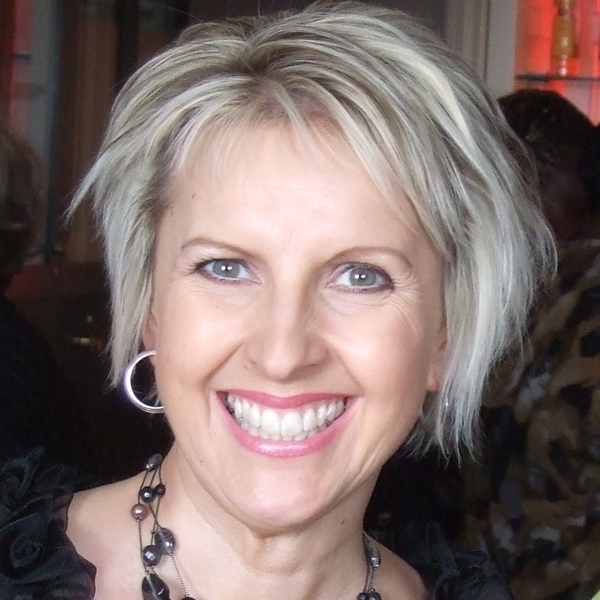Let’s talk: International Women’s Day with Nicola Dibb

WISH Founder & Executive Director
For International Women’s Day 2019 Nicola Dibb, co-founder and executive director of WISH (Women in Social Housing) shares her story of challenging stereotypes and gender inequality.
Why did you decide to set up WISH and what is the organisation’s main purpose?
WISH was set up in London in 1998 as an informal group of women working in housing, who wanted to share experiences. We all worked in an almost exclusively male-dominated world and being able to have conversations without their opinions being challenged based on gender, was something that was needed at that time.
We recognised that men and women communicate differently. Friendships grew and the professional networking side flourished, as did the desire to build our little group into something more formal.
Jo Savage, now CEO of Wellingborough Homes, but then at Aster, was the first person to approach us about developing a region outside of London and WISH South West was born, nearly 10 years ago. WISH now has nine regional groups.
Tell us about your career journey so far
After completing a degree in Housing, I have been passionate about the sector ever since. I started work in Manchester developing some of the earliest shared ownership schemes before moving to Notting Hill Housing Trust (as it was then) and then working for a number of contractors co-ordinating estate regeneration schemes.
I was always ambitious and remember a female CEO saying that to grow you need to step out of your comfort zone and do things that scare you – I have never forgotten that!
Do you feel you were given the flexibility in your roles when it came to family commitments?
When I had my son there was a culture of long hours, where leaving at 5pm was frowned upon. As a single mum, I often had to rush to the nursery just before it closed or drop my son off at the childminders in his pyjamas at 6am because I had to get from Surrey to Rugby for a 9am meeting. In the end I left the corporate world after 22 years to start my own consultancy. I hope there is more flexibility for parents now.
What does International Women’s Day mean to you?
Organisations like WISH will be needed as long as gender disparity exists and International Women’s Day provides a global platform to push for change, while celebrating the achievements of women.
A leading woman you admire and respect in relation to women’s rights and equality is…
Having been born in Manchester, you grow up learning about Emmeline Pankhurst and she has always been a hero of mine. I think we can all learn from her resilience and bravery and follow her example of never giving up.
How have you found working in a male dominated industry?
I felt like I had to be doubly good at my job to be taken seriously. I learnt that men are not always right – even the loudest ones. I made myself ‘visible’ to the people that mattered, found my voice, participated in meetings, asked important questions, utilised my support network and kept my sense of humour.
In your opinion what things should we focus on as a UK housing sector to improve gender equality?
Empowering more women into leadership positions and driving top down, cultural change within organisations. We need to encourage positive action when it comes to recruitment and to develop talent through mentoring. Flexible working options for parents is also important.
For International Women’s Day 2019 and beyond, how will you #BalanceforBetter?
WISH will continue to encourage more young women into the sector and to address career progression for those within it, offering guidance through our mentoring programme and peer-to-peer support at our networking events. We will also carry on challenging stereotypes and working to tackle gender inequality.


